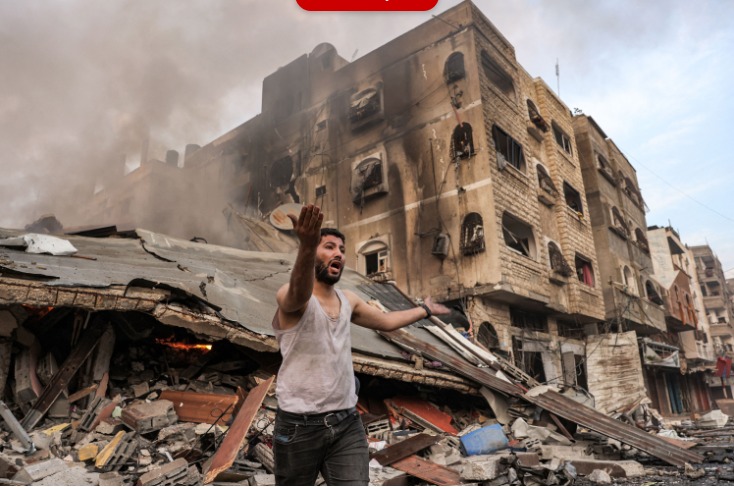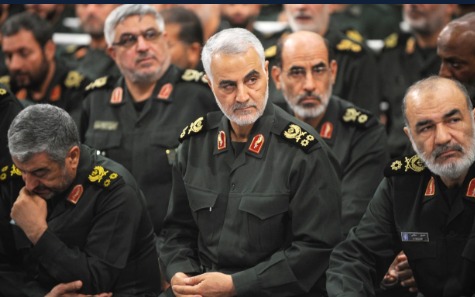In a tragic turn of events, the Al-Maghazi refugee camp in Gaza witnessed a devastating Israeli air strike, resulting in the loss of at least 70 lives, as reported by Gaza’s Hamas-run health ministry. The toll is expected to rise due to the densely populated nature of the area, with numerous families residing there.
The strike, which occurred late on Sunday, targeted three houses in a residential block, leading to severe consequences. The aftermath was captured vividly as dozens of injured individuals, including children with bloodied faces, were rushed to Al-Aqsa Hospital. Heart-wrenching scenes unfolded as body bags piled up outside the medical facility.
A grieving father, who lost his daughter and grandchildren, shared a harrowing account of the incident. His family had sought refuge in central Gaza after fleeing from the north, believing it to be a safer haven. However, tragedy struck on the third floor of the building they occupied, as the wall collapsed, claiming the lives of his loved ones.
The impact of such strikes extends beyond immediate casualties. The Palestine Red Crescent Society highlighted the challenges posed by “intense” Israeli air strikes, leading to the closure of main roads between Maghazi and other refugee camps. This impediment hinders the crucial work of ambulances and rescue teams, exacerbating the humanitarian crisis.
The Israeli military, in response to inquiries from the BBC, acknowledged receiving reports of the incident. Despite operating in an environment where Hamas terrorists are present within civilian areas, the Israeli Defense Forces (IDF) asserted their commitment to international law, emphasizing their efforts to minimize harm to civilians.
The broader context reveals a grim picture of the toll this conflict has taken on Gaza. The health ministry reported over 20,000 deaths, predominantly among children and women, with 54,000 injured since October 7. This period marks the initiation of hostilities when Hamas and other Palestinian groups attacked Israel, resulting in casualties and the taking of hostages.
Israeli Prime Minister Benjamin Netanyahu acknowledged the heavy price his country has paid in the ongoing war. The IDF reported more than a dozen soldiers killed in Gaza since Friday, bringing the total for the ground offensive to 156. Despite the high human cost, Netanyahu insisted there was “no choice” but to continue the fight.
Against this backdrop, Egypt has proposed a new ceasefire plan, aiming to halt hostilities between Israel and Hamas. The three-phase proposal includes a humanitarian pause, a week-long period for exchanges involving hostages and prisoners, and a month-long phase leading to the withdrawal of Israel from Gaza. Indirect negotiations, facilitated by Egypt with Qatari and U.S. participation, could pave the way for potential talks.
In the maritime realm, the Danish shipping giant Maersk is preparing to resume operations in the Red Sea and Gulf of Aden. This decision follows an international military operation led by the U.S. to prevent drone attacks on commercial ships from Houthi-controlled areas in Yemen. The Houthis, expressing support for Hamas, had threatened to target any ships traveling to Israel.
Amidst these developments, Pope Francis used his Christmas Eve Mass at Saint Peter’s Basilica to appeal for peace in the Middle East. He lamented the “futile logic of war” drowning out Jesus’s message of peace, particularly in the very land of his birth, referencing the ongoing conflict between Israel and Hamas.
The situation remains complex and fraught with human suffering, prompting calls for immediate ceasefire and diplomatic initiatives to bring an end to the cycle of violence in the region.



